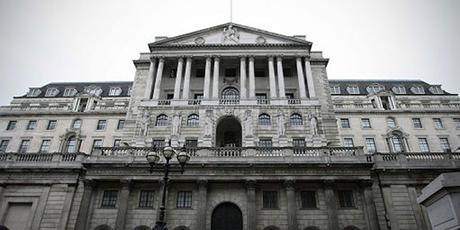Beleaguered energy retailers seeking public financial support to underwrite their hedging of gas and power trades must show Treasury civil servants their detailed plans to achieve Net Zero, a new support scheme launched this week demands.
The Energy Markets Financing Scheme opened for applications yesterday, offering a government underpinning to firms facing pressures on their creditworthiness when negotiating market-based trades for future supply.
Announced last month jointly by the Treasury and the Bank of England, the EMFS provides short-term financial support to creditworthy, Ofgem-licenced suppliers so they can present collateral needed to continue future hedging activity on energy trading markets.
Firms eligible for the scheme’s support include retailers providing at least 750,000 homes with gas or power, and companies delivering at least 1 million MWh to enterprises and organisations. Suppliers have until 27 January to apply.
The scheme’s rules stipulate:
“Energy suppliers must disclose whether they have a Net Zero transition plan and, if so, deliver it to the Treasury within 6 months of drawdown of EMFS cash or before termination of its related guarantee, whichever is sooner”.
Beneficiaries will be prohibited from rewarding shareholders with measures such as share buybacks or extraordinary dividends.
In June 2019 MPs wrote into law without objection a legally binding commitment that by 2050 Britain’s economy should be operating on the basis of net zero carbon emissions.
The goal has come under increasing fire since from growing numbers of Conservative backbenchers. Headed by Dover MP Craig MacKinley, the Net Zero Scrutiny group maintains that the government’s path to achieving a carbon-purged economy by 2050 imposes too high costs on homes and businesses now confronted with rocketing costs of living – including energy – and of doing business.
But the insistence from the finance institutions on applicant energy companies compiling a detailed carbon-purging plan has drawn praise from one lobby group previously critical of the government.
Positive Money had slammed former Chancellor Kwasi Kwarteng’s 23 September ‘fiscal event’ as a ‘budget for bankers’.
Yesterday the research and campaigning organisations’s executive director Fran Boait commented: “It’s good to see that the Bank of England and Treasury have learned the lessons of previous corporate bailout schemes and are finally getting serious about imposing conditions on companies accessing public funds.
“Now that policymakers have proved it can be more active in steering fossil-dependent energy companies, they should commit to establishing a financing facility to explicitly drive the UK’s transition towards clean energy.
She asked for the government to go further: “A ‘Clean Energy Financing Scheme’ could provide cheap finance to firms to invest in renewables, energy storage and grid capacity,” Boait concluded.




